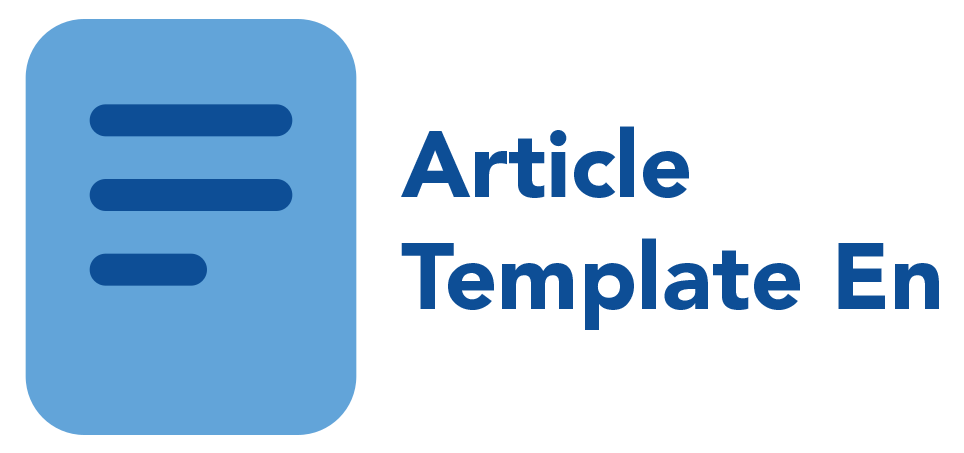The Legal System for Appointment to Diplomatic Positions
Downloads
This research examines the legal system governing appointments in diplomatic positions, outlining the procedures required for such appointments. This system typically comprises a set of laws and regulations that dictate the selection and appointment of diplomats representing their countries abroad. The study focuses on the laws and criteria regulating the appointment process within the diplomatic corps, and the obligations incumbent upon diplomats during their tenure. The first section of this research addresses the conditions and requirements for appointment as stipulated by the state's internal laws. These include the nationality requirement, where candidates must hold the nationality of the state to whose diplomatic mission they are to be assigned, as well as the competence necessary for the role, and the requisite academic qualifications. Typically, entry into the diplomatic corps necessitates a high level of education, with a preference often given to candidates holding degrees in political science, international relations, or law. Another requirement is the successful completion of written and oral examinations designed to assess the candidates' preparedness and diplomatic capabilities. The second section of the research explores the duties of a diplomatic envoy towards both their home state and the host country. These duties include representing the state, protecting its interests, negotiating on its behalf, and adhering to local laws. The research also analyzes how these conditions and duties are applied to diplomatic envoys, and underscores the importance of compliance for ensuring effective diplomatic practice.







